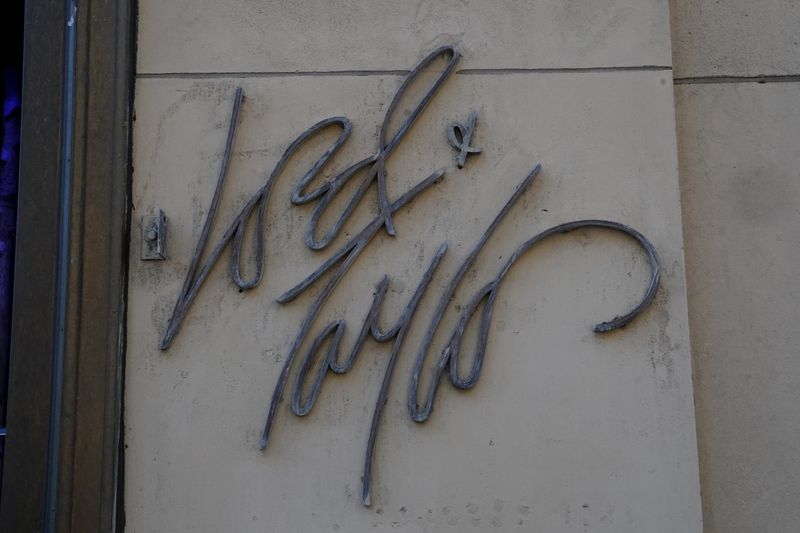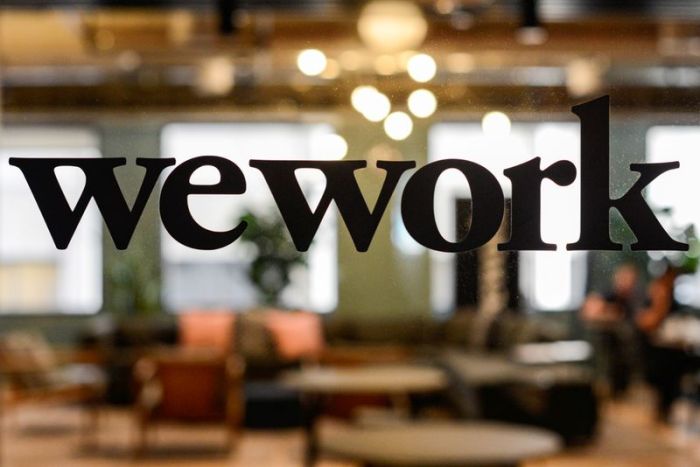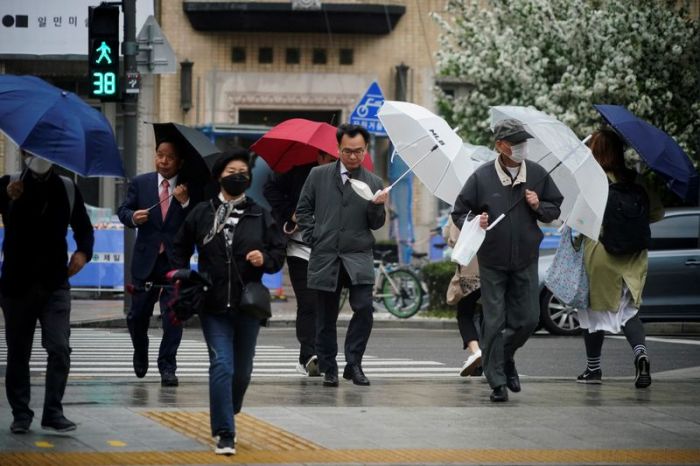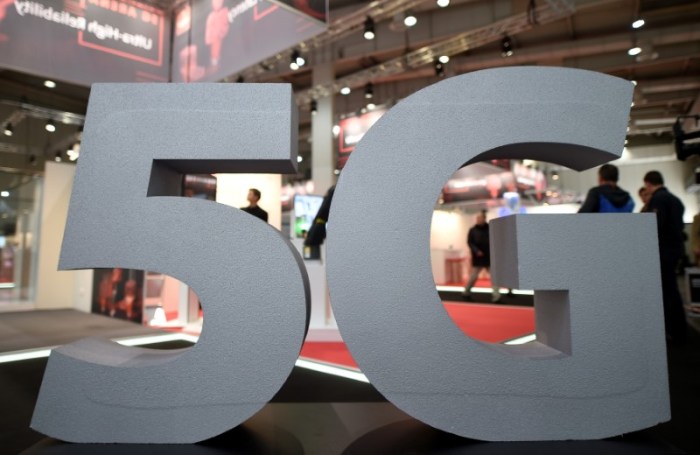(Reuters) – Lord & Taylor is exploring filing for bankruptcy protection after it was forced to temporarily shut all of its 38 U.S. department stores in the wake of the coronavirus outbreak, people familiar with the matter said on Monday.
It is one of several options that the retailer and its advisers are exploring, which also include trying to negotiate relief from creditors and finding additional financing, some of the sources said, adding that no final decisions have been made.
Fashion rental service start-up Le Tote acquired Lord & Taylor last year from Saks Fifth Avenue owner Hudson’s Bay Company for C$100 million. Hudson’s Bay kept ownership of some of Lord & Taylor’s real estate and assumed responsibility for its rent payments, amounting to tens of millions of dollars a year.
The sources requested anonymity because the deliberations are confidential. Lord & Taylor did not immediately respond to a request for comment. A Le Tote spokeswoman said Lord & Taylor is working through various options and declined to comment further. A representative for Hudson’s Bay, based in Canada, declined to comment.
Lord & Taylor is not alone among U.S. department store operators forced to weigh bankruptcy in response to prolonged store closures following the coronavirus outbreak. Neiman Marcus Group plans to file for bankruptcy as soon as this week, while J.C. Penney Company Inc is also considering a similar move, Reuters previously reported.
Lord & Taylor was famous for its holiday window display in its flagship on New York City’s Fifth Avenue, but Hudson’s Bay sold the building to co-working space operator WeWork in 2019.
Le Tote also owes Hudson’s Bay C$33.2 million stemming from a promissory note from the deal.
Le Tote acquired Lord & Taylor to expand beyond e-commerce into brick-and-mortar stores. It acquired Lord & Taylor’s operations, including its merchandise inventory, online business and most of its employees.
As part of the deal last year, Hudson’s Bay also secured an ownership stake in Le Tote and two seats on the company’s board. Hudson’s Bay representatives have since stepped down from the board, one of the sources said.
Many U.S. businesses grappling with the economic fallout from the pandemic have tapped government funds as part of a $2.3 trillion stimulus program. But most retailers have not been eligible for aid.
The National Retail Federation (NRF), which represents department stores and other shops and e-commerce firms, asked the U.S. Treasury last week to include them in government support programs.
“The Treasury has been a good partner, and we continue to work with them on this and a number of other issues important to our members,” the NRF said on Monday.
(Reporting by Jessica DiNapoli and Mike Spector in New York; Additional reporting by Melissa Fares in New York; editing by Grant McCool)

























